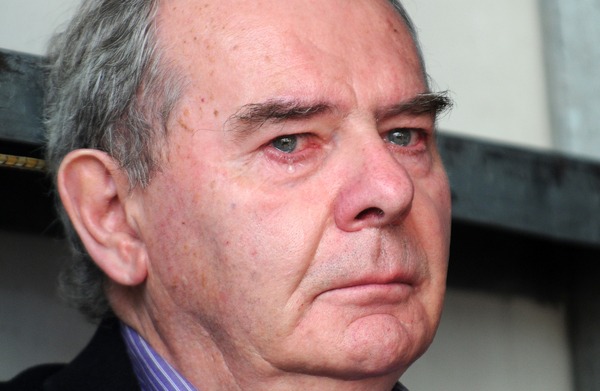And so, it ends with a whimper and not a bang. After years of incessant, unapologetic agitation and revisionism, Sean Quinn has finally, if reluctantly, conceded to the inevitable. The manufacturing empire that bears his name and courses through his veins is no longer his, and never will be. There will be no ceremonial return of the vanquished king to the throne, no final restorative act to this Shakespearian tragedy. Instead, amid the pathos and hubris that has clouded Quinn in recent years, lives merely a begrudging acceptance of a harsh reality. Yet, as Quinn finally relinquishes his dream of…
Cancel at any time. Are you already a member? Log in here.
Want to read the full story?
Unlock this article – and everything else on The Currency – with an annual membership and receive a free Samsonite Upscape suitcase, retailing at €235, delivered to your door.

